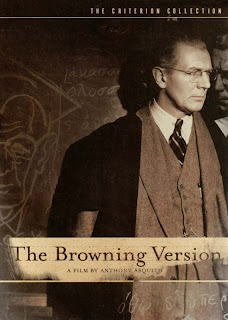The Lincoln Lawyer (2011) Brad Furman [1:58]
It’s not that easy to adapt a good mystery/crime/courtroom novel to the screen. If it were, we’d probably see more of them. Think about the last really good mystery/crime/courtroom drama you read that worked just as well onscreen.
That’s what I thought.
But for reasons I can’t explain, average or below-average novels are sometimes adapted into some pretty good movies. I never thought The Lincoln Lawyer was one of Michael Connelly’s strongest novels. Sure, it has the disadvantage of introducing a new hero, attorney Mickey Haller, setting up his character and giving him an adventure to get him started, but the story was fairly predictable and the solution a little too easy to figure out. Still, Connelly is a better than average writer even on the rare occasion when he’s disappointing. (And the Mickey Haller series does get better.)
Haller (Matthew McConaughey) is an L.A. attorney whose office is his Lincoln Town Car, driven by a former client named Earl (Laurence Mason). Haller excels in defending the scum-of-the-earth, so when a rich, privileged young man named Louis (Ryan Phillippe) comes to him saying he’s been framed for raping a prostitute, Haller thinks it’s just another case.
It’s not just another case, but it’s very close to becoming just another movie. Director Brad Furman employs several quick cuts, filters, cool music and documentary-style camera work to make the film seem hipper than it actually is.
There’s really nothing here that we haven’t seen before, although a good supporting cast (including Marisa Tomei, William H. Macy, Michael Paré and Bryan Cranston) helps, but they aren’t given much to do. Maybe the producers felt those names would help bring in enough of an audience to pacify the McConaughey haters.
But McConaughey gets the job done. Sure, he might be 10 years too old for the role, he might be annoying, but he is convincing as Haller and knows how to work a scene. Give the man that.
There’s nothing particularly flashy about The Lincoln Lawyer. It’s not a great courtroom drama, but it’s not bad. You could find worse ways to spend two hours.
3/5
Rated R for violence, sexual content, language








































